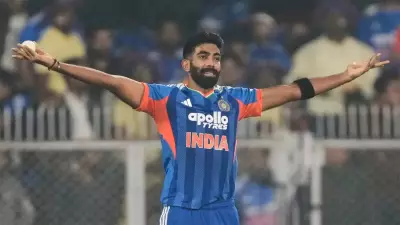
The chess world stands united in grief and anger following the shocking demise of a 29-year-old Grandmaster, whose sudden passing has ignited fierce discussions about the pressures facing professional players and the support systems within the sport.
A Life Cut Short: Tragedy Strikes Chess Community
News of the young Grandmaster's death sent shockwaves through international chess circles, with players, fans, and officials expressing both profound sorrow and growing frustration. The circumstances surrounding this tragic event have raised uncomfortable questions that the community can no longer ignore.
Voices of Outrage: Peers Speak Out
Fellow chess professionals have taken to social media and public platforms to voice their concerns, with many pointing to systemic issues that may have contributed to this heartbreaking outcome. The collective anger stems from what many perceive as inadequate support for players navigating the intense psychological and financial pressures of professional chess.
"This should serve as a wake-up call for all of us," one prominent player commented, capturing the sentiment shared by many in the chess fraternity.
Beyond the Board: The Human Cost of Competition
The tragedy has sparked crucial conversations about:
- Mental health support for professional chess players
- Financial stability in the competitive chess circuit
- Institutional responsibility toward player welfare
- The immense pressure faced by young talents in the sport
A Call for Change: Demanding Better Support Systems
As tributes pour in for the accomplished Grandmaster, there's a growing consensus that meaningful changes must occur to prevent similar tragedies. The chess community is now demanding concrete actions from governing bodies to ensure proper support mechanisms are in place for players at all levels.
"We cannot continue to lose young talents to preventable circumstances," noted a veteran chess coach, emphasizing the urgent need for reform.
The legacy of this young Grandmaster may now become a catalyst for much-needed change in how the sport cares for its brightest stars, ensuring that future generations of chess players receive the support they deserve both on and off the board.




